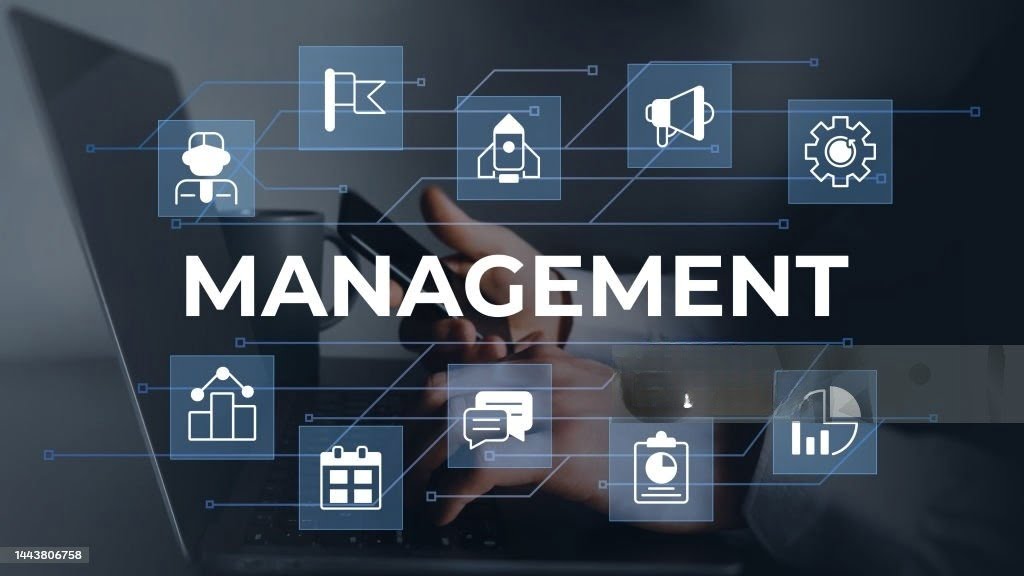
Food project management is a complex process that requires strategic planning and careful execution to ensure the achievement of desired goals. This management includes all aspects related to the design of food products from planning to production. In this article, we will highlight the importance of food project management and the role of ProNano Food Industry Consulting in supporting companies to achieve sustainable success in this competitive field.
Food project management is a vital process that involves planning, organizing, and supervising all aspects related to the development and operation of projects in the food sector. In a fast-paced and changing world, food project management has become more important than ever, requiring innovation and adaptation to growing and diverse market needs. From product design to marketing and distribution, each stage undergoes careful planning and execution to ensure sustainable success.
What is food project management?
Food project management means organizing and directing all activities related to production. This process requires a combination of technical and administrative knowledge to ensure high efficiency and quality at every stage of the project. For companies operating in the food industry, effective project management is essential to meet the ever-changing market demands and ensure compliance with health and regulatory standards.
The importance of food project management:
1- Quality and safety assurance
Quality and safety are two of the cornerstones of the food industry. Companies must adhere to strict standards to ensure that their products are safe for human consumption and meet customer expectations. Food project management plays a pivotal role in quality control and ensuring that all processes adhere to the required health standards.
2- Improving efficiency and productivity
Through effective food project management, the efficiency of production processes can be improved and waste can be reduced. Good planning and careful management of resources help maximize the use of available resources, leading to increased productivity and reduced costs.
3-Responding to changes in the market
The food market is dynamic and constantly changing based on consumer preferences and industry trends. Through effective project management, companies can quickly adapt to these changes and ensure that their products remain relevant and attractive to consumers.
The role of ProNano in managing food industrial projects:
1- Strategic planning and goal setting
Market and opportunity analysis
Successful food project management begins with a comprehensive market analysis. ProNano analyzes the target market to identify opportunities and challenges, helping companies develop strategies that fit market needs and trends. With a thorough understanding of the market, companies can set realistic and achievable goals.
Developing implementation plans
Based on the market analysis, ProNano helps companies develop clear implementation plans that cover all stages of the project, from product development to market distribution. These plans help guide the working teams and ensure that each stage of the project is completed according to the specified schedule.
2-Production and Quality Management
Improving Production Processes
ProNano offers innovative solutions to improve production processes in food projects. By using modern technologies and industry best practices, ProNano contributes to reducing costs and increasing productivity while maintaining product quality.
Quality Control and Compliance with Health Standards
ProNano helps companies establish effective quality control systems that ensure that food products adhere to the highest health and safety standards. These systems include strict procedures for testing products and verifying their compliance with the required specifications before they are put on the market.
Challenges Facing Food Project Management:
1-Adapting to Health and Environmental Legislation
Health and environmental legislation change over time, which poses a challenge for food companies. Hiring ProNano experts helps ensure that all operations are in line with local and international laws and regulations.
2- Managing Costs and Increasing Profitability
Effectively managing costs is one of the main challenges in managing food projects. Brunano offers advanced strategies to reduce costs without compromising quality, helping companies increase profitability and ensure project sustainability.
3-Dealing with Market and Consumer Changes
Constant changes in consumer preferences require great flexibility from food companies. By leveraging the market analysis and expertise of ProNano Food Industry Consulting, companies can quickly adapt to these changes and ensure the continued success of their products in the market.
Examples of food project management in some food industries
Food project management is a vital element in ensuring the success and sustainability of various food industries. Each food industry requires its own strategies to manage all aspects of the project from idea to implementation. Here are some prominent examples of how food project management is applied in various industries:
Dairy industry project management:
The dairy industry includes complex processes starting from raising cows or cattle, then milking them, and manufacturing dairy products such as milk, cheese, and yogurt. Managing a project in this industry requires adherence to strict standards of quality and food safety, in addition to developing effective strategies for purchasing and distributing raw materials, and organizing manufacturing and storage operations. The main challenges lie in ensuring that the product remains fresh and of high quality throughout the supply chain.
Bakery industry project management:
In the bakery industry, innovation and creativity in product development are essential factors for success. Managing a bakery project requires good planning to produce bread, cakes, and pastries according to local demand, while managing surplus to avoid waste. Management also includes selecting high-quality raw materials, and controlling operations to ensure adequate production at competitive prices. In addition, marketing plays a significant role in differentiating products in a crowded market.
Frozen Food Industry Project Management:
This industry requires meticulous management systems to ensure the quality and safety of products throughout all stages of production, from raw material procurement, to manufacturing processes, and then packaging and freezing. The main challenge in these projects is maintaining the cold chain from the beginning until the products reach the end consumer, as any disruption in the supply chain can lead to significant losses. Management must also consider seasonal demands and manage inventory efficiently to avoid surpluses or shortages.
Soft Drink and Juice Industry Project Management:
The management of these projects includes production planning and developing new products based on changing consumer tastes. In addition, the soft drink and juice industry requires meticulous management of logistics operations, such as purchasing and distributing raw materials, and managing packaging plans. Innovations in taste, sustainable packaging.
These examples demonstrate the great diversity across different food industries, each of which requires a customized approach that suits the challenges and needs of the market to ensure quality and effectiveness in delivering food products
Food project management plays a pivotal role in ensuring the success and sustainability of companies in the food industry. Through strategic planning, production optimization and supply chain management. Companies can achieve long-term success. ProNano Food Industry Consulting provides the expertise and support necessary for companies to achieve their goals efficiently and effectively. If you are looking to improve the management of your food project or start a new project, ProNano Food Industry Consulting is your ideal partner to ensure sustainable success
For more information or to get a consultation, contact us



